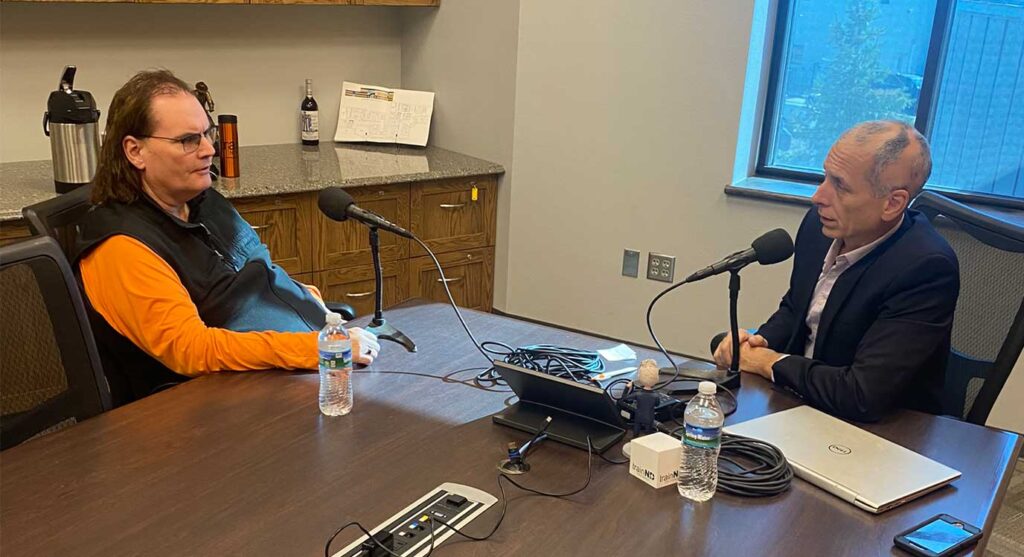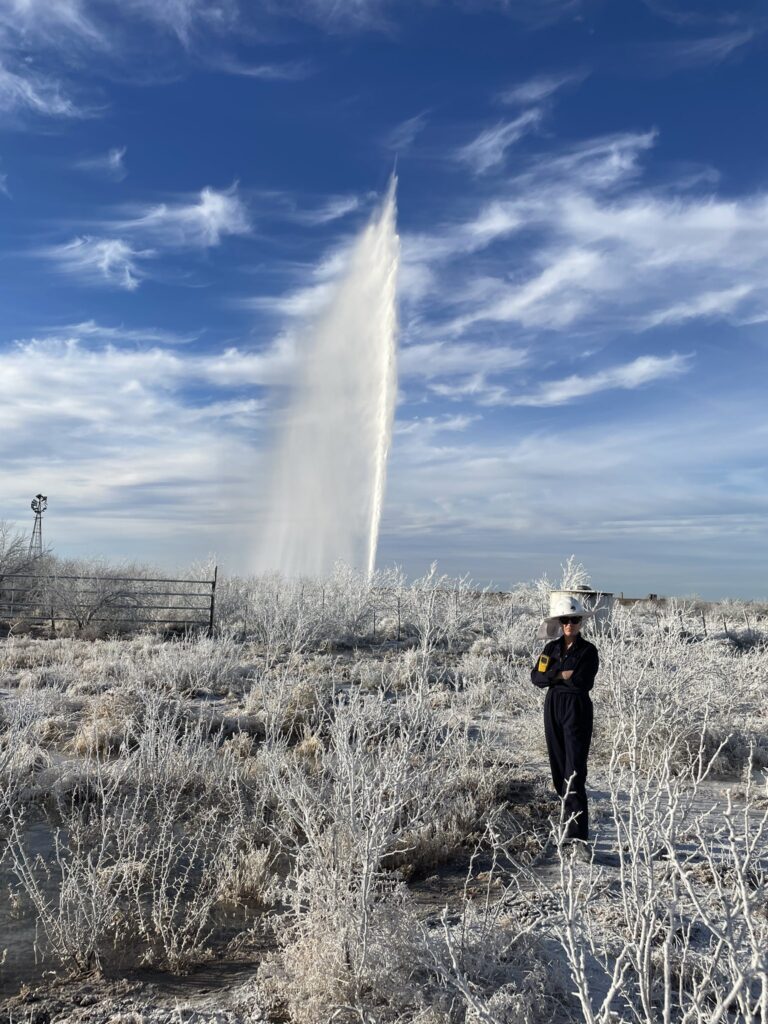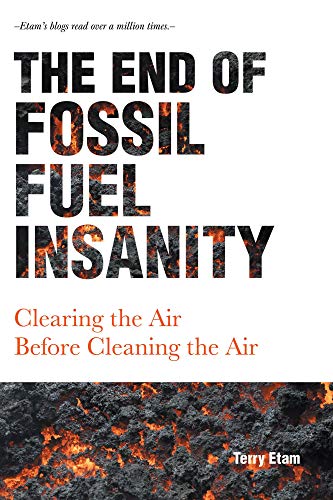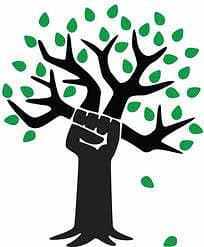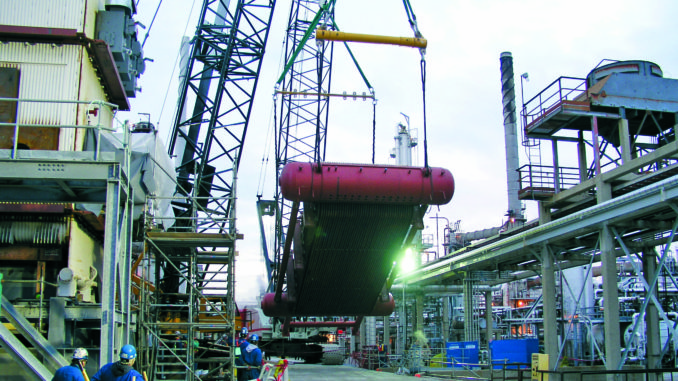

Here are this week’s special guests and energy experts on The Crude Life Week In Review Episode 482.
Keith Olson, Regional Director of the North Dakota Small Business Development Centers (SBDC) shares recent data indicating the Bakken’s small business case load is slightly ahead of the state’s largest city – Fargo.
“Most of the customers I work with on the oil and gas front are staying very busy,” Olson said. “Right now it’s a constraint of labor. I think everyone I know that I work with has openings for multiple positions.”
He continued saying in Williston it seems to go in cycles.
“At times we have people trying to buy their own trucks to go do their own thing whether its hauling water or crude or frac sand,” Olson said. “Earlier in the year we had a lot of people coming in and doing that and in the past several months that’s really tapered off.”
Olson said it’s tapered off mostly because of a combination of labor shortages and supply chain issues.
“Finding good used trucks is even a challenge right now,” Olson said.
Through all the challenges, it’s a good problem because their office continues to stay beyond busy.
According to World Population Review, Williston is the state’s 6th largest city with about 32,000 people. Fargo, the state’s largest city, is 130,000. Right now Williston’s SBDC has as many, if not more, business files (cases) than Fargo.
“We are very similar to Fargo in terms of clients,” Olson said. “They were just short of 400 clients last year as well.”
America’s Energy Influencer Sarah Stogner explains what Zombie Wells are and how social media is carving a whole new narrative for oil and gas.
According to Stogner, Zombie Wells are wells that have a “downhole condition that has not been confirmed and you do not have enough of the data to know what’s happening downhole. And they are bouncing back to life, springing back to life, coming back from the dead.”
Stogner continues explaining why the Zombie Wells have come back to life after being dormant or dead for decades.
“The increase water injections that we are doing now as a result of the shale revolution,” Stogner said. “That water has to go somewhere. We inject it deep and it causes earthquakes and when we inject it shallow and it comes into contact with shallower aquifers.”
She continues to explain how the advancement of science has not been balanced properly resulting in “much higher pressure shallower and it is bringing these old wells back to life.”
Orphaned Wells are those for which no former owner or operator can be located, or has gone bankrupt.
Abandoned Wells typically refers to an unproductive well with a known owner/operator.
“It’s compounding Jason,” Stogner said. “It’s 70-years of sloppy construction, lack of maintenance and it’s biting us in the butt. We can not continue to kick the can down the road.”
She adds that imposing today’s science on 50-year-old regulators wouldn’t be fair, however, updating today’s regulations with today’s science is critical to our public health and planet’s resources.
According to state data, Texas has 7,400 abandoned wells, but Stogner disagrees with those figures.
“I estimate the 8,000-ish abandoned well number to more like 100,000,” Stogner said. “If you look at core test wells and other holes in the ground, and let’s not forget that we have over 100,000 right now in the state of Texas that have been shut-in and haven’t produced in several months.”
She added that for current data, Commissionship has reliable data for those looking for up-to-date info, but at the time of the interview, she was specifically questioning 150,000 wells that are still on operators books, have a P5 license to operate and are just sitting and rotting.
Furthermore, the state’s bonding procedure is antiquated and costing tax payers millions.
“It’s only around 15% that the bonding covers of the anticipated costs to plug all the wells out there that need to be plugged under today’s current inventory of wells,” Stogner said.
Canada’s Greatest Export Terry Etam gives an update from North of the Border on their energy policies, trade flow with the US and Germany trying to buy coal from Canada. Terry Etam is the author of The End of Fossil Fuel Insanity: Clearing the Air Before Cleaning the Air; columnist for the BOE Report and writer for Public Energy Number One
Canada’s Greatest Export shares a story about the country of Germany coming over to Canada to accelerate their divestment from fossil fuels and direct their attention towards hydrogen.
Etam, who also works with a Natural Gas Company, said they weathered the regulatory storm the past couple of years, and are back to a comfortable pace for business. He also elaborated on several of the Canadian Regulations that are hindering oil and gas development.
Dr. Loren C. Scott gives an update on how the Nord Stream 2 Pipeline and OPEC issues will impact the oil and gas industry as well as the overall economy. He also gives an update on Lake Charles and the petrochemical industry plants and refineries.
Dr. Scott is the author of LA’s annual Economic Forecast for the State of Louisiana for 2023 and said the news is the economy is going to get better, but first it’s going to get worse. The interview explains why from OPEC to European gas to natural disasters to Biden’s policy’s.
“People should be prepared for a national recession. It’ll start probably in the first quarter of next year and the last three quarters,” said Dr. Scott.
Dr. Scott said Louisiana is a different economy than other states due to their importing exporting ports, fossil fuel ecosystem and natural disasters. Over the past year and a half Louisiana has experiences five natural disasters and the rebuild will happen during the national recession. Dr. Scott believes as a whole, the state will add more than 14,000 jobs in 2023 and more than 30,000 jobs in 2024.
“Three major hurricanes, Winter Storm Uri, and floods have seriously arrested the state’s growth,” Dr. Scott said.
The interview also dives into Europe’s decisions to go “all-in” on the Green Movement and outlaw fossil fuels. Dr. Scott believes Europe is going to have a rough, expensive winter, pointing the blame at their full commitment to doing away with fossil fuels.
Dr. Scott also explains why taking barrels out of the Strategic Oil Reserves is putting America at risk and why the current direction of natural gas is putting places like Chicago and New York at risk this winter.
Dr. Scott also gives an update on Lake Charles and the $3B dollars of activity happening in that region.
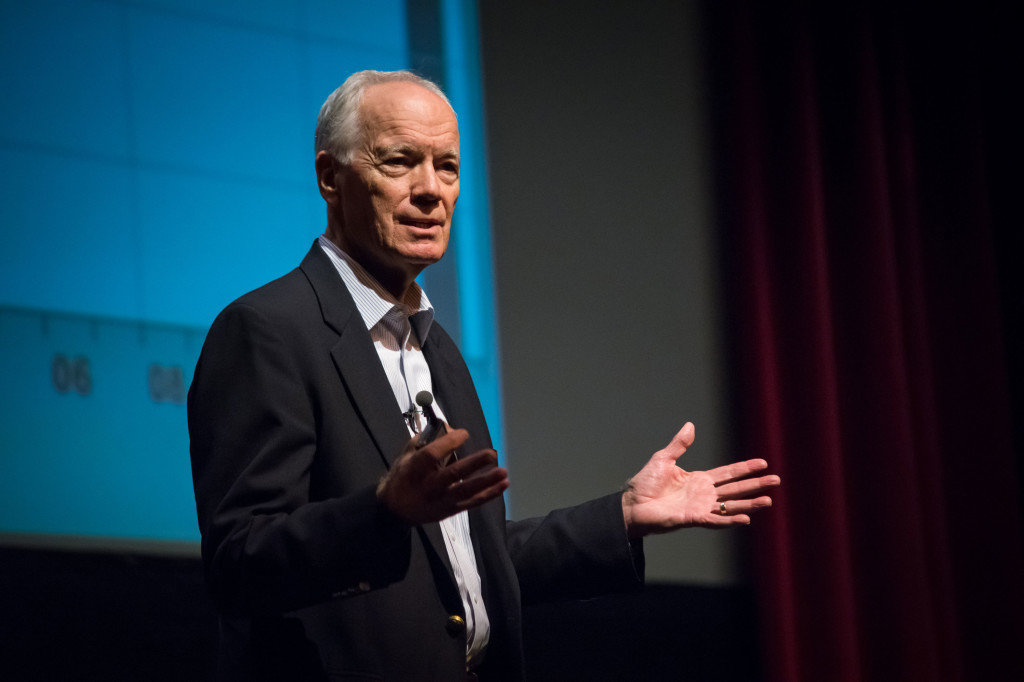
Loren C. Scott & Associates, Inc., is a 35-year old firm that provides economic consulting and public speaking services for a wide range of clients. Consulting activities include impact studies, forecasting services, analysis of policy proposals, and general economic analyses. Consulting clients include BP, ExxonMobil, Entergy Corporation, J. P. Morgan Chase, Capital One Financial, Nucor, Sasol, and a diversity of others. Our objective is to put together the very best team of associates to attack our client’s problems. Dr. Scott makes 50-70 presentations a year on the state of—and the outlook for—the economy and the energy sector in particular.
He is one of the 32-member National Business Economic Issues Council, which meets quarterly to discuss issues of state, national, and international interest. This group has experts who cover international trade, Washington economic policy, retail trade, trucking, steel, chemicals, etc. Dr. Scott is an energy specialist on the NBEIC. He has been appointed to the Economic Advisory Board of the U.S. Council on Competitiveness—a group made up of the CEOs of the Fortune 100, top university presidents, and presidents of three major unions.
He has been interviewed on MSNBC, CNBC, Bloomberg TV, and several local TV stations and his work has been cited in such publications as the Wall Street Journal, the Financial Times, USA Today, the Los Angeles Times and the Moscow Times, to name a few.
Dr. Loren C. Scott is President and founder of the firm. He was on the Economics Department faculty at Louisiana State University from 1969 to 1998, where he rose through the ranks from Assistant Professor to the holder of the Freeport-McMoran endowed Chair of Economics. He is presently Professor Emeritus of Economics at LSU.
Interviews are sponsored in part by TrainND Northwest – It’s a competitive world. Train for it.
Music heard on The Crude Life Week in Review is written and performed by Alma Cook of Cook Compliance Solutions. Support her music career at www.hearalma.com
About The Crude Life
Award winning interviewer and broadcast journalist Jason Spiess and Content Correspondents engage with the industry’s best thinkers, writers, politicians, business leaders, scientists, entertainers, community leaders, cafe owners and other newsmakers in one-on-one interviews and round table discussions.
The Crude Life has been broadcasting on radio stations since 2012 and posts all updates and interviews on The Crude Life Social Media Network.
Everyday your story is being told by someone. Who is telling your story? Who are you telling your story to?
#thecrudelife promotes a culture of inclusion and respect through interviews, content creation, live events and partnerships that educate, enrich, and empower people to create a positive social environment for all, regardless of age, race, religion, sexual orientation, or physical or intellectual ability.
Sponsors, Music and Other Show Notes

Studio Sponsor: The Industrial Forest
The Industrial Forest is a network of environmentally minded and socially conscious businesses that are using industrial innovations to build a network of sustainable forests across the United States.
Weekly Sponsor: Stephen Heins, The Practical Environmentalist
Historically, Heins has been a writer on subjects ranging from broadband and the US electricity grid, to environmental, energy and regulatory topics.
Heins is also a vocal advocate of the Internet of Everything, free trade, and global issues affecting the third of our planet that still lives in abject poverty.
Heins is troubled by the Carbon Tax, Cap & Trade, Carbon Offsets and Carbon Credits, because he questions their efficacy in solving the climate problem, are too gamable by rent seekers, and are fraught with unreliable accounting.
Heins worries that climate and other environmental reporting in the US and Europe has become too politicized, ignores the essential role carbon-based energy continues to play in the lives of billions, demonizes the promise and practicality of Nuclear Energy and cheerleads for renewable energy sources that cannot solve the real world problems of scarcity and poverty.
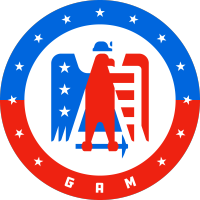
Weekly Sponsor: Great American Mining Co
Great American Mining monetizes wasted, stranded and undervalued gas throughout the oil and gas industry by using it as a power generation source for bitcoin mining. We bring the market and our expertise to the molecule. Our solutions make producers more efficient and profitable while helping to reduce flaring and venting throughout the oil and gas value chain.

Join Podcasters from across the world and all walks of life as they unite to bring civil solutions to life and liberty.

Studio Email and Inbox Sponsor: To Be Announced

Featured Music: Alma Cook
For guest, band or show topic requests, email studio@thecrudelife.com
Spread the word. Support the industry. Share the energy.

